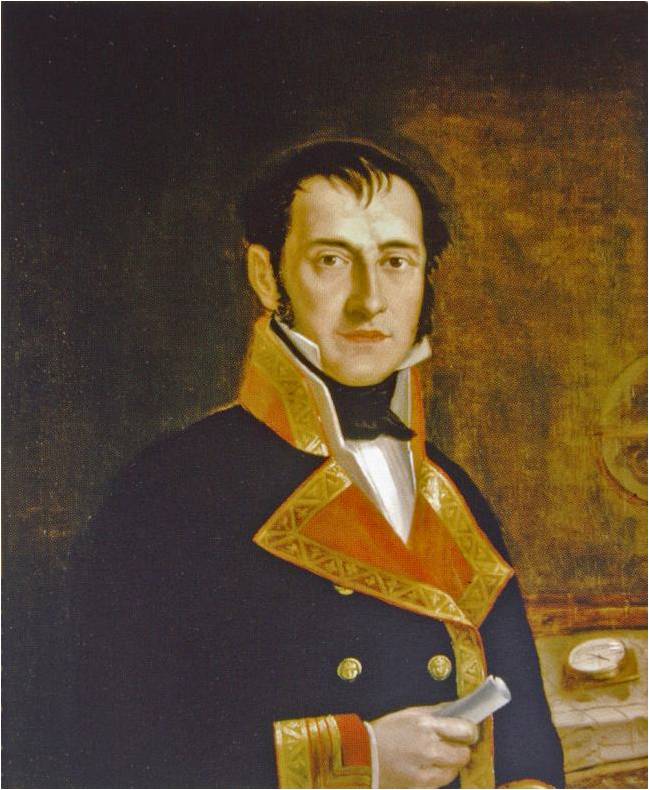 Persona - Bauzá Cañas, Felipe (1764-1834)
Persona - Bauzá Cañas, Felipe (1764-1834)
Identificación
Tipo:
Persona
Forma autorizada:
Bauzá Cañas, Felipe (1764-1834)Otras formas
Fechas de existencia:
Palma (Mallorca, Illes Balears, España) 1764-02-17 - Londres (Inglaterra, Reino Unido) 1834-03-03
Historia:
Marino, cartógrafo, explorador y político. Hijo de una familia humilde, su padre, Bartolomé Vicente Bauzá, fue maestro albañil. Huérfano a temprana edad, inició su carrera naval en 1773 como meritorio de la real Escuela de Navegación de Cartagena. En 1782 participó en el Gran Sitio de Gibraltar, en la campaña de Menorca y en operaciones contra el corso norteafricano en 1783 y 1784. Estuvo a las órdenes de Vicente Tofiño San Miguel, director de la Academia de Guardiamarinas de Cádiz, para formar parte de la comisión de levantamiento del «Atlas Marítimo de España» de 1786-1787.
Su trayectoria profesional fue esencial para que Alejandro Malaspina reclamara al ministro de Marina, Antonio Valdés, su participación en la expedición científica y cartográfica conocida como Expedición Malaspina. Fue el artífice, junto a otros expedicionarios, del levantamiento del material cartográfico que se acumuló a lo largo de todo el viaje científico.
A su vuelta a España se reincorporó a su actividad y en 1797 fue nombrado para participar en la Dirección de Cartografía y fue también director del Depósito Hidrográfico de Cádiz. Tras la invasión napoleónica, Bauzá siguió con su trabajo cartográfico y colaborando en tareas de fortificación y defensa, como por ejemplo, la plaza de el León; asimismo, hacia 1813 presentó un proyecto de división provincial en 44 circunscripciones.
Tras el fin del periodo constitucional fue nombrado director del Depósito Hidrográfico, puesto que desempeñó entre 1815 y 1822 cuando fue elegido diputado en Cortes por Mallorca. A instancias de Argüelles se le encargó una nueva división territorial de España en 1820-1821. La intervención de los Cien Mil Hijos de San Luis y el fin del Trienio Liberal marcó un cambio radical en la vida de Bauzá.
Fue acusado de masón y en 1823 se refugió en Gibraltar y emigró a Londres, donde finalmente fallecería. Allí siguió trabajando y colaboró con Basil Hall, W. H. Smith, Alexander von Humboldt o Francis Beaufort.
Contrajo matrimonio con María Teresa de Rávara con quien tuvo dos hijos: Felipe y Amelia.
Miembro de la Real Sociedad Económica Matritense, Real Academia de la Historia, Royal Society, Royal Geographical Society y de la Real Sociedad Marítima de Lisboa. En la British Library se conserva su colección de mapas, denominada «The Bauzá Collection of Spanish Colonial Mapping».
Fecha del evento: 1820 - 1823
Lugares
Lugar de Nacimiento:
Lugar de Defunción:
Conceptos/Objetos/Acontecimientos
Fuentes
Relaciones
Relaciones asociativas :
Relaciones familiares :
Relaciones temporales :
Enlaces Externos
Biografía:
Catálogo de Autoridades:
Fichero de Autoridades:
Documentos
Productor de:
- No hay Unidades de Descripción asociadas.






